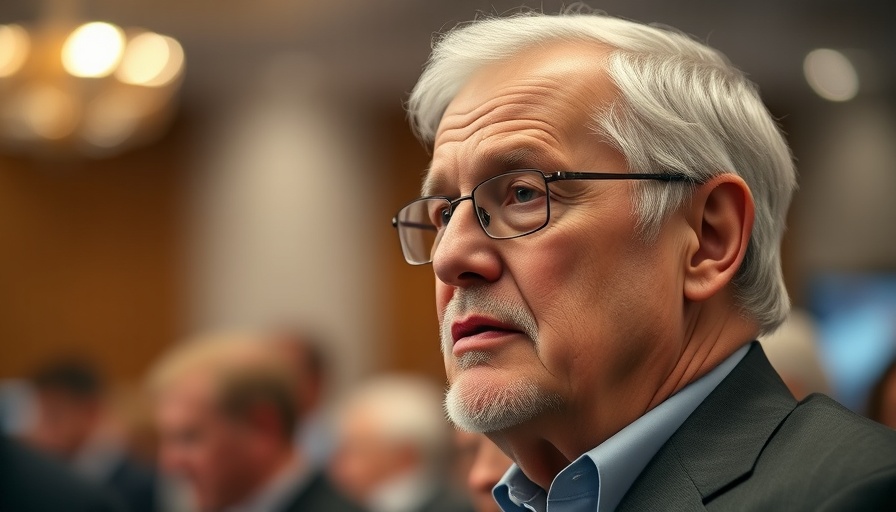
Collins Bids Farewell Amid Challenges at NIH
In a surprising announcement, Dr. Francis Collins, a prominent geneticist and the former director of the National Institutes of Health (NIH), confirmed his retirement effective last Friday. Collins, a figure both respected and beloved in the scientific community, leaves behind a turbulent agency facing significant budget restraints and employee layoffs stirred up by recent political changes. Collins is renowned for orchestrating the Human Genome Project, which completed mapping the human genome—a vital scientific milestone—in 2003, two years ahead of schedule and under budget.
Advocating Respect for NIH Workers
Collins emphasized the importance of the NIH workforce in his farewell statement. He advocated for healthcare professionals and researchers, acknowledging their hard work and dedication, stating they "deserve the utmost respect and support of all Americans." His words resonate especially in light of the over 1,000 layoffs that have impacted the agency recently. The NIH has historically received bipartisan support, fueling its status as the leading funder of biomedical research, allocating nearly $48 billion annually.
A Legacy Marked by Major Scientific Achievements
Over his time at the NIH, Collins played a key role in pivotal medical breakthroughs, including work that paved the way for cancer immunotherapy and the CRISPR technology that successfully treats sickle cell disease. His scientific achievements extend to the COVID-19 vaccine development, where his leadership was pivotal in rolling out vaccines that saved countless lives. However, Collins also faced criticism, particularly concerning his management during the pandemic, highlighting the complex landscape of scientific leadership today.
Looking Ahead: The Future of NIH
The NIH stands at a crossroads as Collins departs. The agency now faces proposed funding restrictions and a challenging political climate. With Collins stepping down, there are questions about the future direction of the NIH and its critical role in biomedical research. As health experts warn about the implications of funding cuts on ongoing and future research, the scientific community waits to see how new leadership will navigate these persistent challenges.
Collins’ Personal Contributions to Science
A unique aspect of Collins’ legacy is his ability to blend faith with science, standing as a rare voice in a predominantly contentious environment. As he moves on, he assures continued contributions to the scientific community, advocating knowledge and compassion as guiding principles. His departure may leave a void, but it also opens doors for new leadership to steer the NIH through a transformative period in healthcare.
 Add Row
Add Row  Add
Add 




Write A Comment